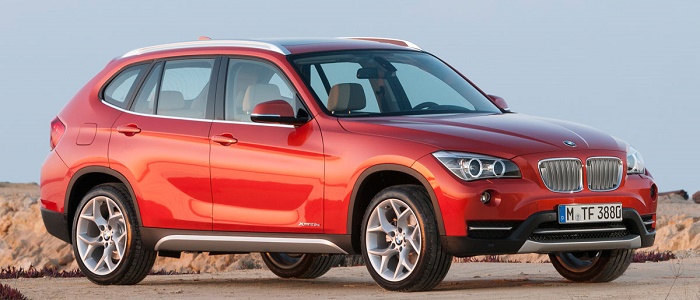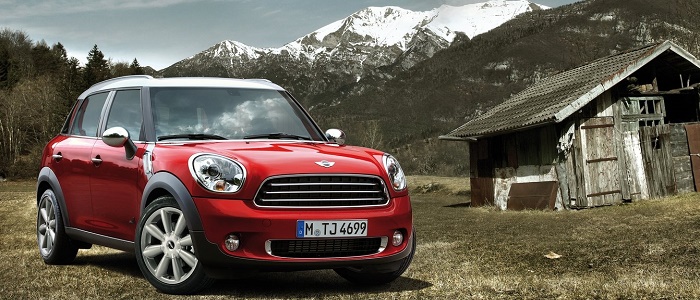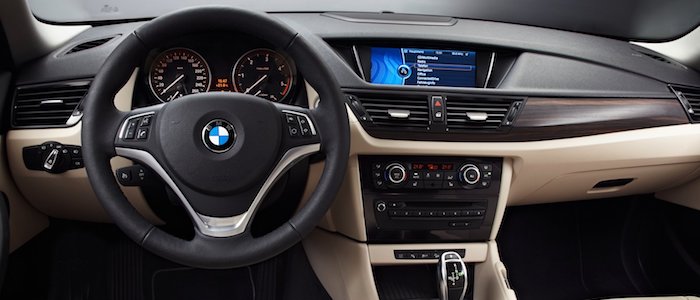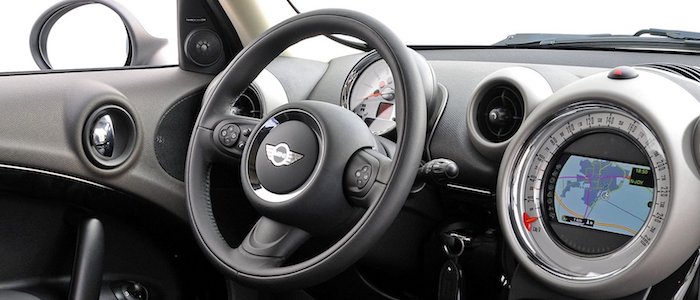Compare two cars
Compare any two cars and get our Virtual Adviser™ opinion
Dimensons & Outlines
Check vehicle history
Engine
Performance (manual gearbox)
Performance (automatic gearbox)
Expenses
Virtual Adviser's™ opinion
Two significantly similar cars, no doubt about that. Still, each one has something different to offer. Having both cars powered by diesel engines and utilizing the 5-door suv body style within the same 'SUV' segment, the only major difference here really is their wheel drive configuration (rear for the BMW and 4 x 4 in the case of the Mini). Both the engines are BMW-engineered . The first one has a 4-cylinder, 16-valves 184hp unit, while the other one gets its power and torque from a 4-cylinder, 16-valves 143hp one.
SafetyBoth vehicles got tested by European New Car Assessment Programme (Euro NCAP), with the same number of safety stars gained in the process. Still, apart from the official crash test results there are other things we need to be aware of. Both vehicles belong to the suv segment, which is generally a very good thing safety-wise, still it doesn't help us solve our dilemma, does it? Furthermore, if we'd like to consider vehicle mass in this context too, which we definitely should, the German car offers a marginal difference of 7% more metal.
ReliabilityI don't like generalizing things when it comes to reliability, although it does seem that Mini does have a slight advantage, when all the models are taken into account. That's the official data, while our visitors describe reliability of BMW, as well as Mini, with the same average rating of 4.1 out of 5. Independent research findings rank X1 as average reliability-wise, and Countryman is more or less at the same level.That apart, owners of different cars powered by the same engine as the German car rank it on average as 3.8, while the one under the competitor's bonnet gets 4.1 out of 5.
Performance & Fuel economyBMW is undoubtly more agile, reaching 100km/h in 1.6 seconds less than its competitor. In addition to that it accelerates all the way to 220 kilometers per hour, 25km/h more than the other car. When it comes to fuel economy things look pretty much the same for both cars, averaging around 4.9 liters of fuel per 100 kilometers (58 mpg), in combined cycle.
Verdict
Mini appears just a bit more reliable, although the difference is truly marginal. The most important thing when deciding between any two vehicles should always be safety, both passive and active. In my opinion, everything taken into account, the German car offers slightly better overall protection and takes the lead. It all continues in the same direction, with BMW outracing its opponent in any situation possible, making it better choice for boy racers. Fuel consumption is more or less the same. All together, there's not much more to say, in this case I wouldn't even consider anything but BMW. Nevertheless, let's not forget that people have different preferences and needs, so what really counts is your personal feel. I'm only here to help. Also, you could use the oportunity to find out which car, everything taken into account, would be the perfect choice for you in the eyes of the virtual adviser™, out of 12.000+ vehicles we currently have in our database.

































